India has a wide variety of nutritious vegetarian foods that are not only delicious but also packed with protein that helps to gain muscle.
While many associate protein with meat and dairy, the exciting world of vegetarian cuisine offers various plant-based options bursting with essential nutrients.
Whether you’re a vegetarian or just looking to add more plant-based options to your diet, Indian cuisine has something for everyone.
Let’s dive into the world of vegetarian delights that are not just good for your taste buds but also for your health.
1. Chia Seeds
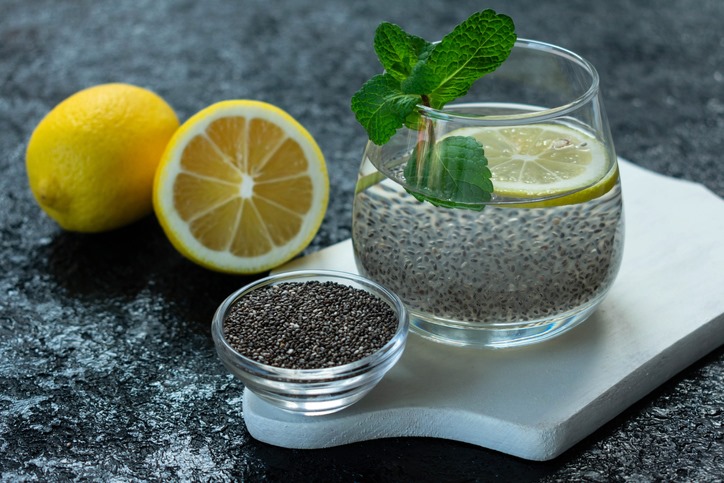
Chia seeds may be small, but they pack a nutritional punch, including protein, fibre, and omega-3 fatty acids. When mixed with liquid, chia seeds develop a gel-like consistency, making them suitable for creating puddings, smoothies, or adding to yoghurt. Incorporate chia seeds into your diet for a convenient and nutritious way to support your muscle-building goals.
2. Paneer (Cottage Cheese)
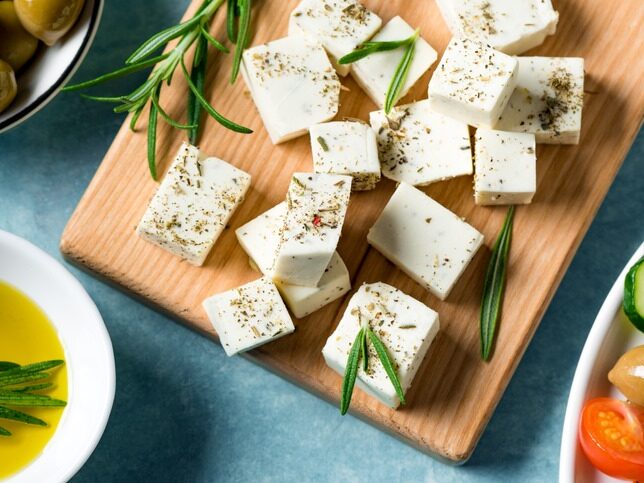
This fresh, unaged cheese holds a special place in Indian hearts. Its soft, spongy texture readily absorbs flavours, making it a chameleon in the kitchen. Savour its delicate sweetness in a creamy Palak Paneer curry, where it melts into the spinach gravy. Or, transform it into golden, melt-in-your-mouth cubes for kebabs, their crispy exterior contrasting with the soft interior. With around 18g of protein per 100g, paneer provides a delicious protein boost to any meal.
3. Kidney Beans (Rajma)
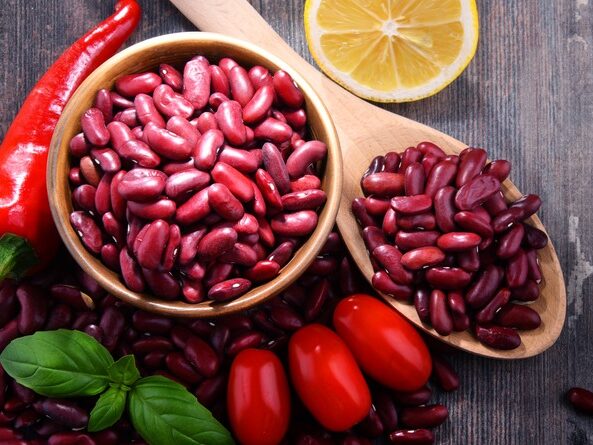
These deep red beans aren’t just visually striking; they’re nutritional powerhouses too. Each serving (around 19g of protein per 100g) packs a punch of protein, iron, and fibre. Also, the hearty Rajma Masala, where the beans simmer in a rich tomato gravy is infused with warming spices and aromatic herbs. For a lighter option, toss them into a refreshing salad with a tangy lime dressing, their earthy flavour dancing with crisp vegetables
4. Chickpeas (Chana)
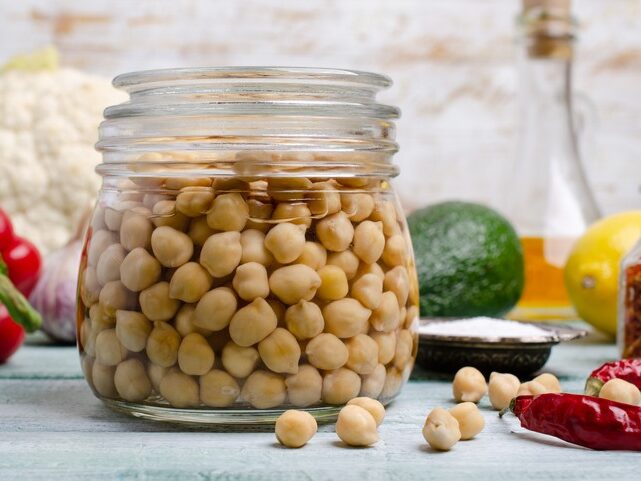
The nutty taste and versatility of chickpeas have made them a global favourite. Enjoy their creamy texture in curries like Chole, where they simmer in a spiced onion-tomato gravy (around 13g protein per 100g). Craving something lighter? Falafel wraps offer a healthy alternative, featuring crispy chickpea fritters nestled in fresh pita bread with crunchy vegetables and creamy tahini sauce.
5. Sprouts
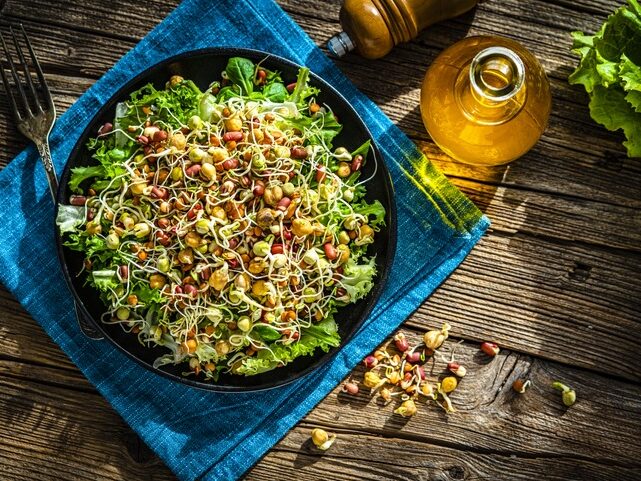
Don’t underestimate these sprightly shots! Bursting with vitamins, minerals, and protein (around 8g per 100g), they’re a nutritional powerhouse. Mung bean sprouts, with their mild flavour and crunchy texture, add a delightful dimension to stir-fries or salads. For a refreshing twist, toss them with chopped vegetables and a light citrus dressing for a quick and healthy salad.
6. Nuts & Seeds
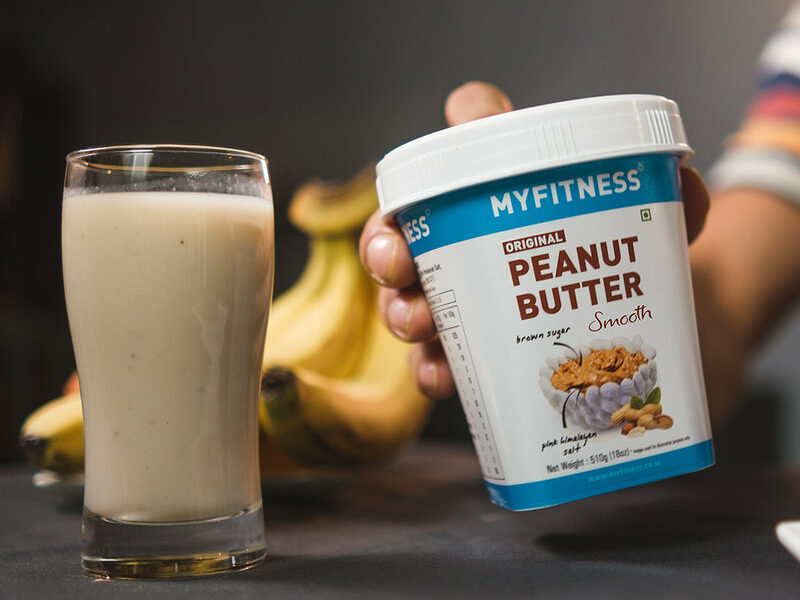
These tiny titans pack a mighty nutritional punch. Almonds and cashews offer a sweet and crunchy indulgence, while walnuts add a richer, earthier depth. Flaxseeds and pumpkin seeds contribute healthy fats and essential nutrients. Snack on them raw, roasted, or add them to yoghurt parfaits, nut butter smoothie, or homemade granola for a protein and healthy fat boost (around 5g protein per 20g serving).
7. Greek Yoghurt
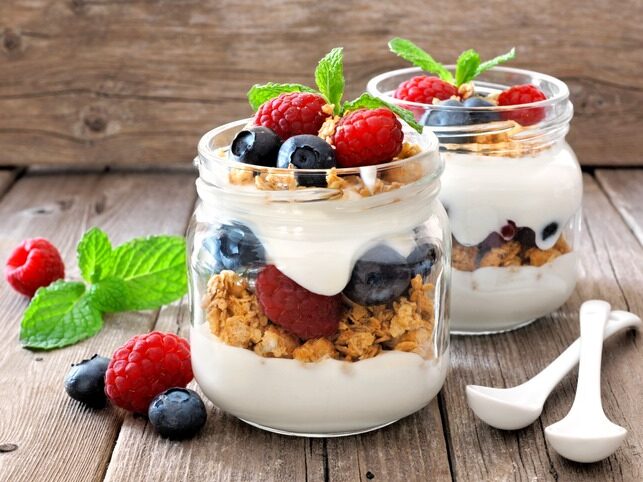
This thick and creamy yoghurt boasts a protein content (around 20g per cup) that rivals many types of meat. Its tangy flavour makes it a versatile ingredient. Enjoy it plain with fresh fruit and granola for a healthy breakfast, or whip it into a creamy dip for vegetables. Its probiotic content also contributes to gut health, making it a delicious and beneficial choice.
8. Lentils (Dals)
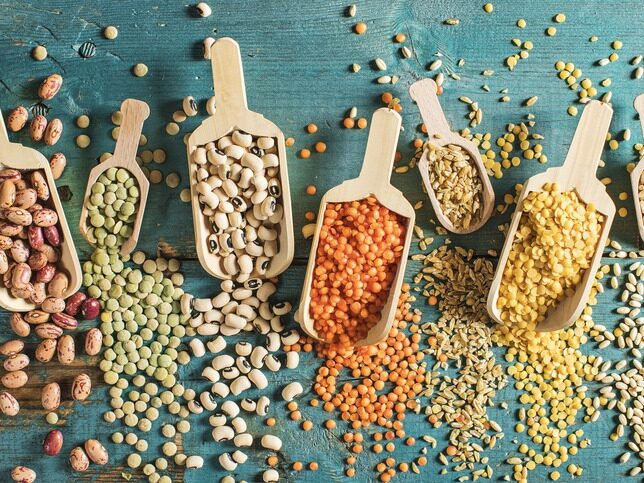
These tiny nutritional gems come in a vibrant array of colours and textures. Earthy moong dal offers a gentle sweetness, while masoor dal boasts a bolder, slightly peppery flavour. Toor dal, with its creamy texture and nutty undertones, makes for a luxurious base for curries. Packed with protein (around 18g per 100g), fibre, iron, and folate, dals are a cornerstone of vegetarian cuisine. Enjoy them as hearty soups, comforting stews, flavorful dips, or even crispy pancakes.
9. Quinoa
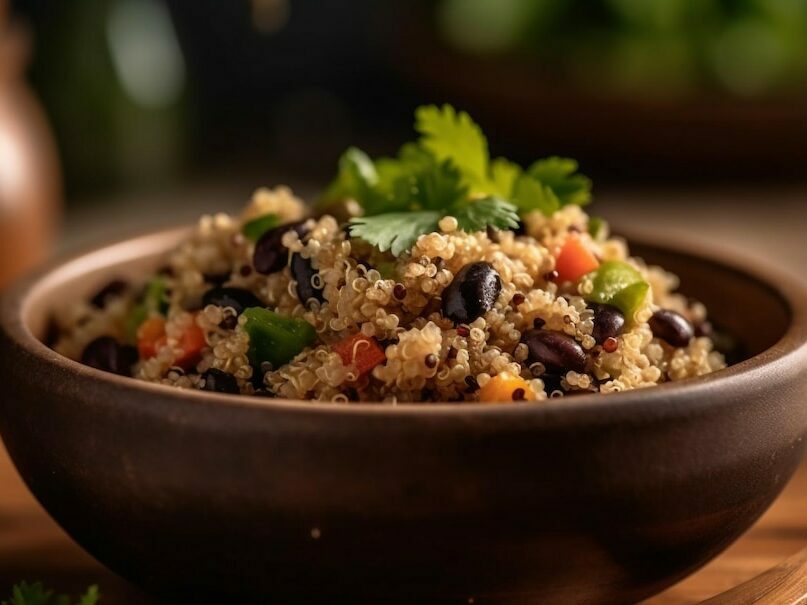
This ancient grain is making a modern comeback, thanks to its complete protein profile (around 8g per 100g) and fluffy texture. Enjoy it as a side dish tossed with roasted vegetables and herbs, or get creative by stuffing it into bell peppers or tomatoes for a protein-packed vegetarian meal. Its mild flavour easily adapts to various spices and herbs, making it a versatile culinary canvas.
10. Hemp Seeds
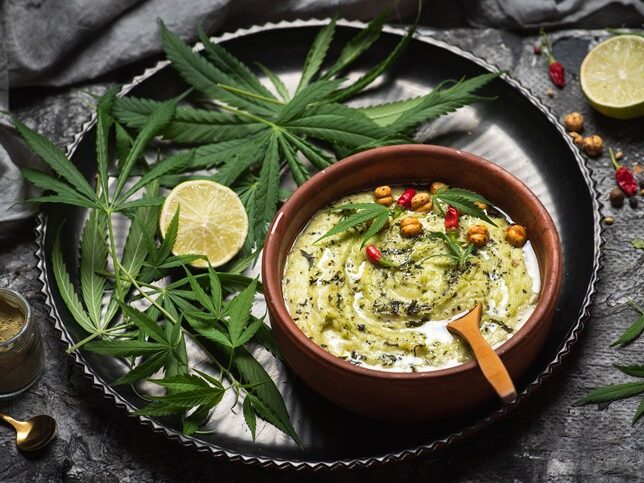
Tiny but mighty, hemp seeds offer a complete protein source with all essential amino acids (around 31g protein per 100g). Sprinkle them over salads, blend them into smoothies, or incorporate them into energy bars for a nutrient-dense boost. Hemp seeds not only provide protein but also deliver healthy fats and essential nutrients to support your muscle-building journey.
Conclusion
In the end, we can say that Indian vegetarian foods are not only tasty but also powerful sources of protein and perfect for building muscle. The above-mentioned food choices provide a delicious way to support your body.
So, savour the variety, and let your meals become a delightful blend of taste and wellness.
Frequently Asked Questions
Is paneer high in protein?
Paneer, a popular Indian cheese, contains approximately 18 to 20 grams of protein per 100 grams. This makes it a favourable source of protein, especially for vegetarians.
Which dal to eat daily?
Moong dal is a high source of vital nutrients and is good for people on a diet. Moong beans are considered useful in fighting against diseases like cancer, diabetes, and obesity, as well as various heart-related diseases.
What foods to avoid for muscle gain?
Limit or avoid alcohol, foods with added sugars, and deep-fried foods. Bodybuilding differs from powerlifting or Olympic lifting in that it’s judged on a competitor’s physical appearance rather than physical strength.

